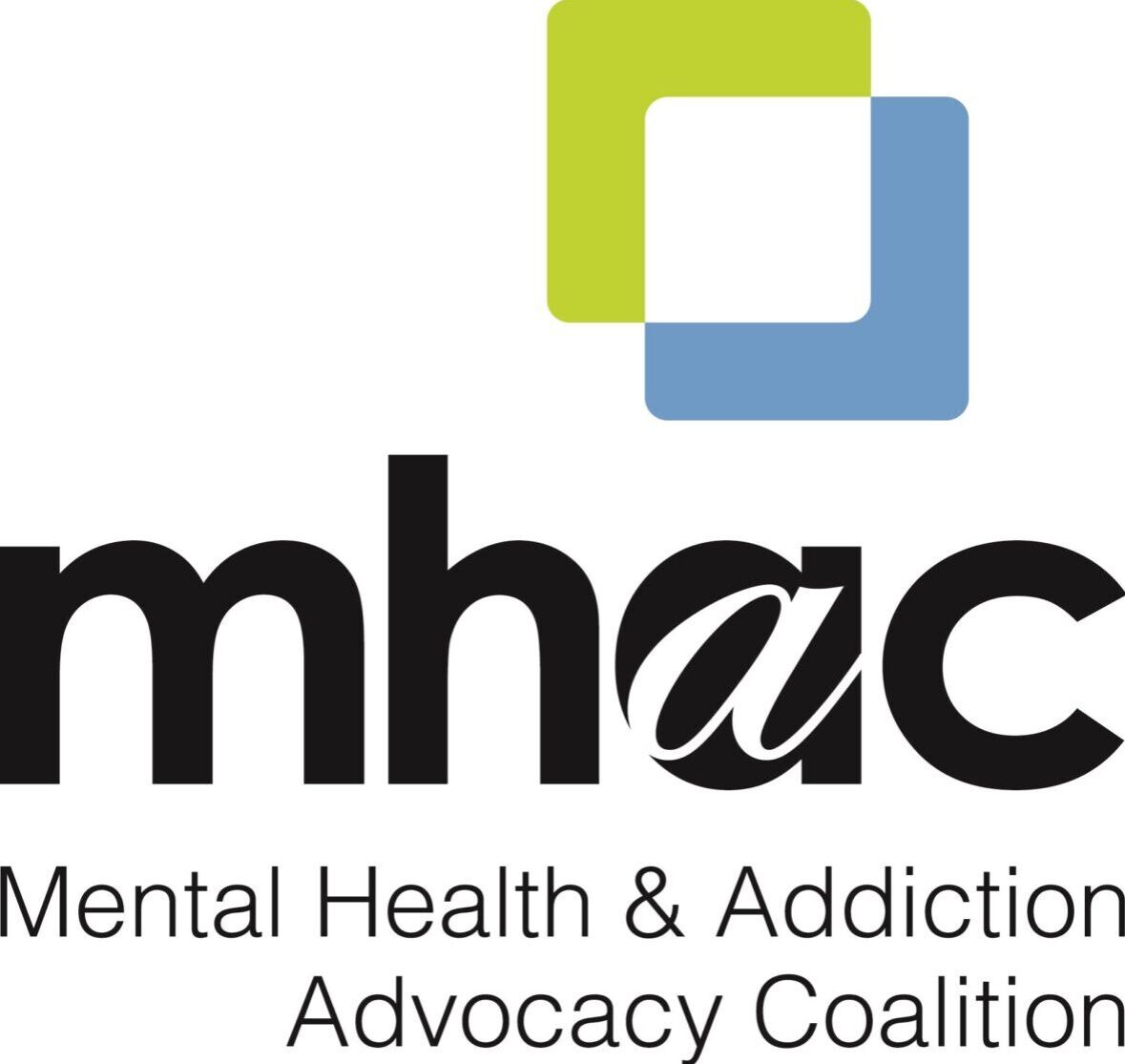Behavioral health disparities remain a persistent public health issue in Ohio for racial and ethnic minority groups, sexual and gender minorities, low income individuals, and those who reside in more rural areas within the state.
Minority populations continue to face disparities due to discrimination, racism, and bias, stigma, lack of access to care, lack of adequate health insurance coverage, language barriers, transportation issues or difficultly finding childcare/getting time off work, and lack of knowledge about treatment or beliefs that treatment doesn't work.
It is of the utmost importance that we acknowledge and address these barriers in order to ensure minority populations receive proper behavioral health care. Now in the throes of a global pandemic, we must work to raise awareness and meet the behavioral health needs of these populations.
General information about minority behavioral health disparities:
- Disparities in mental health and addiction needs and access
- Mental Health America minority mental health statistics and resources
- SAMHSA minority behavioral health statistics and resources
- CDC information about how COVID-19 is affecting minorities
- American Psychiatric Association Diverse Population mental health facts
- Racial Trauma in Film: How Viewers Can Address Re-traumatization
Black behavioral health information and resources:
- Black Mental Health resources
- How organizations can support Black employees' mental health
- The City Club of Cleveland's Black mental health virtual forum
- Resources specifically for Black individuals
Hispanic and Latinx behavioral health disparities:
Asian and Pacific Islander behavioral health disparities:
- CDC and stigma surrounding Asian population
- Asian American/Pacific Islander Communities and Mental Health
LGBTQ behavioral health information and disparities:
- American Psychiatric Association LGBTQ mental health disparities
- Mental Health America LGBTQ+ Communities and Mental Health
- Black LGBTQ Mental Health
- Understanding the Mental Health of Transgender and Nonbinary Youth
Care providers who are interested in earning free CEU credits in health equity, can check out the trainings below offered by the U.S. Department of Health & Human Services and OptumHealth Education and United Healthcare.
- A Physician's Practical Guide for Culturally Competent Care
- Advancing Health Equity Education Series
